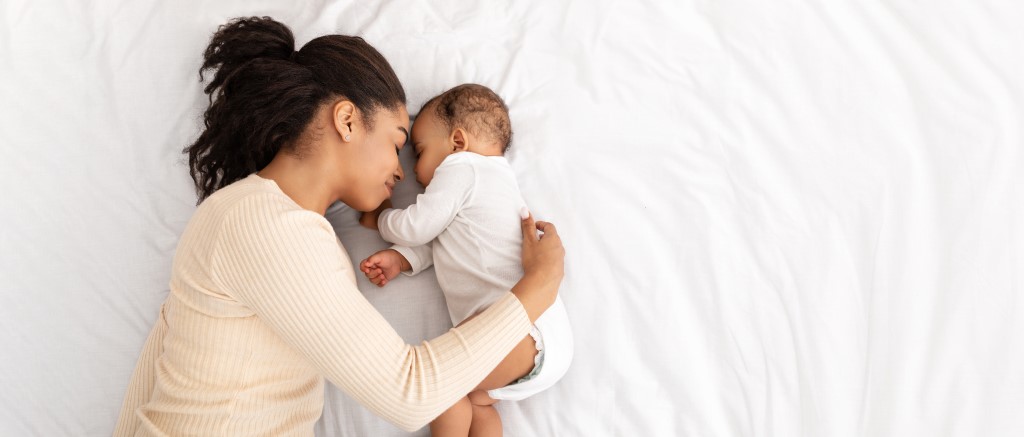Patient Information
Newborn
Congratulations! Your family is now just a little bit larger. Some might say all the hard work is behind you, some might say all the hard work is just starting, either way at the very least you are probably going to be getting a little less sleep than you used to. At the same time, you can now hold and cuddle your baby in your arms and start to really get to know them.

Breastfeeding and Lactation
Summary: Breastfeeding is the most appropriate method for feeding infants. There are many benefits including protection against infection and some chronic diseases. We recommend exclusive breastfeeding in the first 6 months.
Breastfeeding is the most natural way to feed your newborn. However it does not always come naturally and you may need to persist to find a technique that works for you. There is too much to try and cover everything here but the following are a couple of points that we feel are important:
- For the first few days your body will produce colostrum which is a nutrient rich pre-milk.
- After 3-4 days your milk supply will increase and change from colostrum to breast milk. This is often referred to as your milk "coming in".
- It is best to avoid pacifiers (dummys) or bottles until your baby has learnt to feed well to avoid "nipple confusion".
- There are multiple different holds, you need to find the one that works best for you and your baby.
- Don't be afraid to ask questions or seek help, there are lots of support groups and sites with information, see below for a couple.
The Australian Breastfeeding Association (ABA) is Australia's leading source of breastfeeding information and support. Through a range of services, the Association supports and encourages women who wish to breastfeed their babies, and advocates to raise community awareness of the importance of breastfeeding and human milk to child and maternal health.
Lactation Consultants of Australia and New Zealand (LCANZ) is the professional organisation for International Board Certified Lactation Consultant's (IBCLCs) and others who have an interest in lactation and breastfeeding. Their core business is to provide members with information and educational opportunities.
International Lactation Consultant Association, World health transformed through breastfeeding and skilled lactation care.
Safe Sleeping and SIDS
Summary: Ensure you provide a safe sleeping environment for your baby and consider the cot, matress, bedding and anything that might be within reach of the sleeping environment like curtain cords, pillows and toys. Co-sleeping or sleeping with your baby can increase the likelihood of unexpected death and is not recommended.
The Red Nose organisation (formerly SIDS and Kids) has a large range of information resources and guides. In particular we recommend:
Postnatal depression
Summary: It can take time to adjust to becoming a parent. If you’re feeling confused or unhappy speak to your general practitioner or contact us about a referral to a counsellor. Talk to someone you trust about your feelings – it may be helpful to share your concerns and talk things through.
In Australia, postnatal depression affects approximately 1 in 7 women. Many women may experience the 'baby blues' which usually only last for 2-3 days where you may feel anxious or teary. When these feelings last for more than the first few days it may be a sign of developing postnatal depression. Some of the more common signs of postnatal depression include:
- Feeling sad and teary
- Feeling panicked
- Feeling ashamed, worthless or inadequete
- Feeling scared or afraid of being alone
- Difficulty sleeping
Beyond Blue provides information and support to help everyone in Australia achieve their best possible mental health, whatever their age and wherever they live.
RANZCOG have produced a Patient Information Resource on depression and anxiety following birth.
MumSpace is Australia’s new one-stop website supporting the mental health and emotional wellbeing of pregnant women, new mums and their families.
MumSpace is designed to connect you quickly with the level of support you need, from advice and support in the transition to parenthood, to effective online treatment programs for perinatal depression and anxiety
Contraception and Sexual Health
Summary: An effective contraception will help in preventing an unplanned pregnancy but no contraceptive method is 100% effective. Some contraceptives cannot be used when breastfeeding.
Shine SA provide safe and inclusive care dedicated to supporting your sexual and reproductive health. They have a number of resources describing your contraceptive choices.
Dr. Anneliese Perkins will discuss your contraceptive options at your postnatal visits. We can provide a number of contraceptive options including contraceptive pill prescriptions, Implanon and intrauterine contraceptive device (IUCD) insertions. Dr. Anneliese Perkins is one of the few practitioners in Adelaide able to provide cutting edge ultrasound guided IUCD insertion which improves both comfort and safety of the procedure
Family Planning Victoria have an excellent site covering the options available for postnatal contraception.
Pets
Summary: Never let a pet share a bed with your baby. Always introduce your pets gently to a new baby.
Many pets are quite tolerant of small children however it is important to be aware of the potential dangers. It is important to keep pets out of the room where your baby sleeps, cats may not get jealous of your baby but they may be attracted to the warmth of the baby and its cot. Dogs always need supervision, even a tolerant pet can lose patience if it gets poked in the eye or its tail pulled. Consider the use of safety gates or fencing to keep your pets and baby in separate areas.
Once your baby is crawling you may need to check that a cat flap / pet flap cannot be used by your baby to escape.
The RSPCA has a number of resources available that may be useful:
